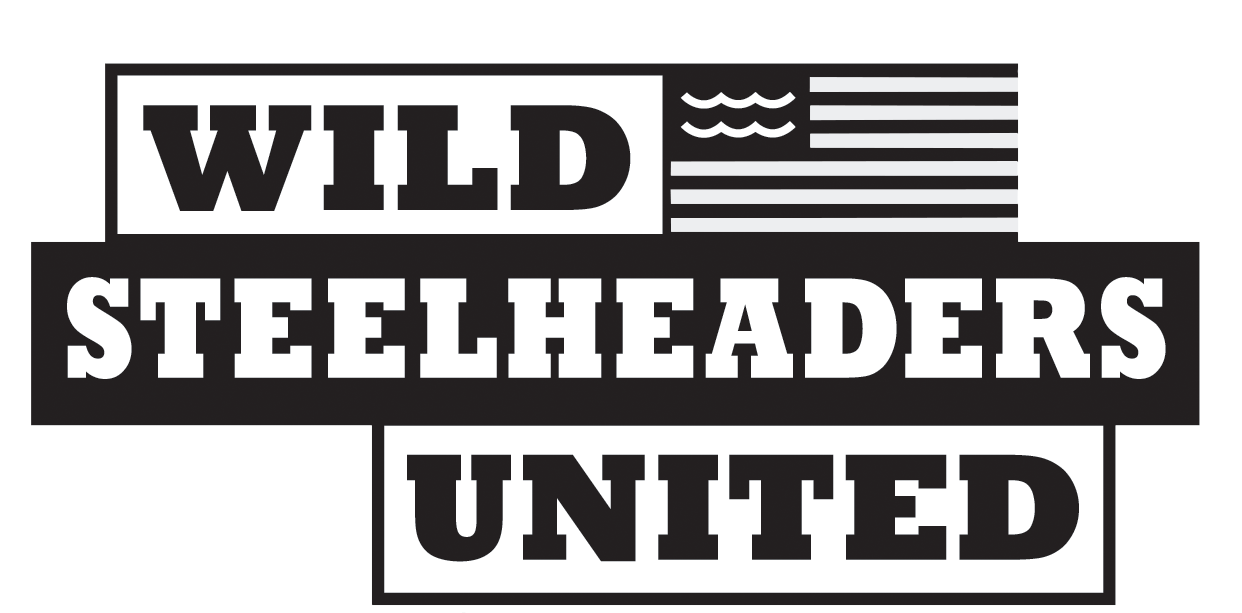If the current state of our wild steelhead runs has got you “mad as hell, and not gonna take it any more,” it’s time to go beyond the Facebook like, the online forum whining, or the “it’s someone else’s problem” approach. It’s time to get involved.
Participating in the sharing of information on social media is important. But it is even more important to be in contact with decision makers. Send a letter, attend a state wildlife commission meeting, participate in a town hall forum. Citizen engagement really does make a difference.
Over the past three years we at Wild Steelheaders United have asked you to get involved in support of wild steelhead conservation, and the results have been pretty impressive. The average response rate when a non-profit asks its supporters to take action is between one and five percent. At WSU, thanks to you, we blow that number away — our response rates are typically 10-20 percent. The takeaway? Steelheaders are ready and willing to turn their passion into activism.
Here are a few keys to successful activism on behalf of the fish we all hold so dear.
Education
Being well informed is always the foundation of effective advocacy. To facilitate this critical first step, WSU is dedicated to helping anglers better understand the complex world of steelhead, their habitat, and how they are managed. As part of that effort, we created the Science Friday series. Check out our Facebook or Instagram page each Friday afternoon, or stop by our website to binge-feed your inner science geek.
The Non-Profit
One of the best ways to stay apprised of steelhead conservation issues is to join fisheries advocacy groups like Trout Unlimited and to “take the pledge” with Wild Steelheaders United. TU chapters are working at the local and regional level across the country to conserve, protect and restore trout, salmon and steelhead and their cold water habitats. Find your local TU chapter here.
The Commission
Every state has a fish and game commission responsible for oversight of wildlife management and sporting activities. Regulatory changes, setting of seasons, gear requirements and hatchery policy are all part of the duties of such commissions, which are required to consider public opinion in the process of establishing and revising management policies and regulations. You can play a role in shaping policy and regulations by attending commission meetings and submitting comments. Here are links to state Game and Fish Commissions in steelhead country: Idaho, Washington, Oregon, California, and Alaska.
State Level Legislation
All anglers in western steelhead states are represented by a member of both the state senate and the state house of representatives or assembly. These legislators often sit on committees that deal with steelhead-related issues. This website a great place to find out who your legislator is, what committees they sit on and what bills they are looking at today. It is ok (in fact, we encourage you) to send your state legislators a friendly note saying you care about steelhead and appreciate their help in restoring the great freshwater sport fish of the Pacific Northwest. Many of these folks are also willing to meet with their constituents in person in local venues.
Federal Legislation
Every angler in steelhead country also has a representative in both houses of Congress. Members of the House and Senate all sit on various committees, some of which deal with fisheries management, habitat conservation, clean water and other issues of importance to anglers. It’s important to let your legislators know that “big picture” issues such as the integrity of the Endangered Species Act, the Clean Water Rule, public lands and conservation funding (e.g. Pacific Salmon Recovery Funding) are vitally important for steelhead — and for your angling opportunities. You can find your Senator and Congressperson here.
And if you need a refresher course on the mechanics of American democracy, there’s no better teacher than Schoolhouse Rock.




